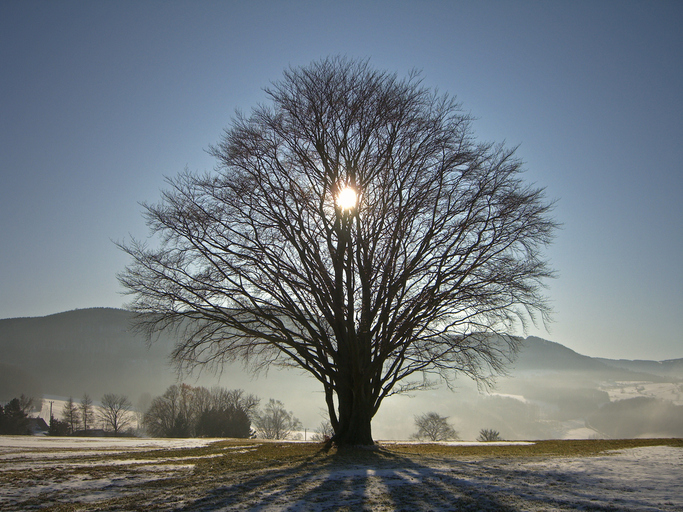In the thick of winter, the trajectory of darkness bears down upon us with the shortest day of the year – the winter solstice – finally here.
For many people, the arrival of winter solstice is a welcome relief to the gloom of winter but for the Pagan community it’s much more significant.
Known as Yule, 21 June is one of the eight yearly Sabbats (seasonal festivals) and is a time for celebration.
The day symbolises the completion of the cycle of the sun, a point of renewal, the beginning of growth and brings with it a hope for the future.
Modern Paganism was formed in the 1950s and is reconstructed from knowledge of old Germanic tribal religions with origins as far back as 500 AD.
Wicca is a branch of Paganism with specific practices, ideas and procedures based on the patterns of the seasons and the will of the gods to mitigate wrongs.
Coming out of the darkness and into the light is in line with the Pagan theology of growth through uncomfortable learning.
And to mark the occasion, Canberra Wicca leaders, Brian and Helen, attend a meeting of the coven.
This is a rare opportunity for Wiccans to invite friends and family into the coven’s sacred meeting space where they can observe traditional rituals and practices.
The Wiccans wear dark robes to the ceremony, traditional practice is sky clad (nudity), but Brian said that Canberra is cold and the coven members are not getting any younger.
“We have a saying here, ever-traditional but ever-practical,” he said.
The ceremony starts at midnight, sacred fires and flames are lit and the coven chant together to invoke the gods.
Afterwards they exchange gifts, eat seasonal foods and socialise.
Brian has been celebrating Yule ever since he took his first step into the pagan world in 1988 as a 23-year-old man when research for his unfinished science fiction novel introduced him to western ceremonial magic.
Based on a variety of philosophies and occult theology, western ceremonial magic is the practice of complex rituals intended to bring the practitioner closer to the deity – a god or goddess of Greek ancestry.
A natural progression into Wicca led to his initiation a few years later. The details of which must be kept secret, but he said the experience was awkward, unsettling, surprising at times and he was glad just to get through it.
Brian said he felt no mystical experiences during the ceremony, but that things got interesting afterwards when he felt the gods show him their plans in terms so stark, it was undeniable.
Rituals often invoke a sense of euphoria in the participants, who experience life on a heightened level for some time afterwards.
Helen said being a Wicca wasn’t an easy experience and that the days and weeks after rituals were sometimes traumatic.
“There is pain in growth,” she said. “We try to embrace not what is easy but what is the agency of the gods.”
Helen was raised Catholic but said she began to question the church’s doctrines as a rebellious teenager.
“When no one had answers for me I sought wider reading about various other religions and mythologies until I found occultism when I was 15.”
Helen said when she eventually found Wicca, it resonated with her and everything fell into place.
“It’s taken me 35 years to end up where I want to be,” she said.
Helen warned witchcraft wasn’t for everyone but said that was okay.
“We have very specific practices and needs,” she said. “That’s why we don’t preach or recruit.”
Brian said myths and misconceptions of bad behaviour in the Wiccan community were hard to dispel because they are under oath.
“People misunderstand the rituals and think its about sex, nudity, and abuse.”
Helen said while the Wiccan community was not free of misconduct, such behaviour was not condoned by the community.
Brian and Helen were set to be the convenors of an Australian and international craft scene conference in the Snowy Mountains this year, but due to COVID-19, the event will take place in spring of 2021.
For more news stories:



